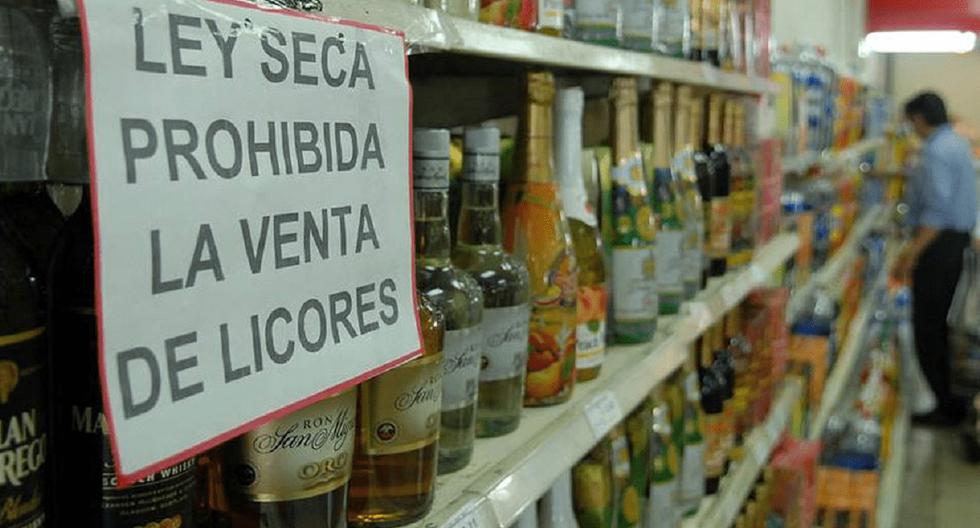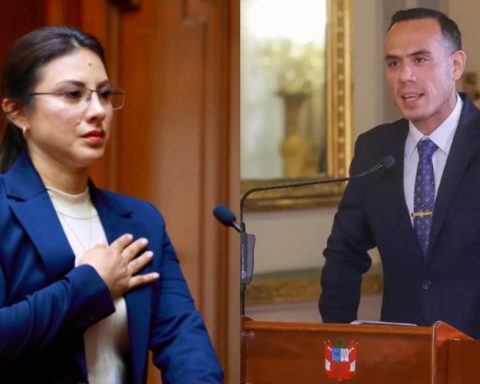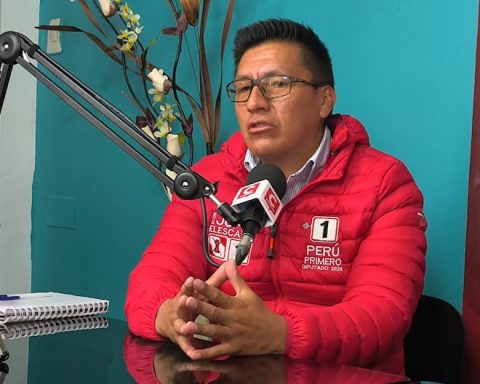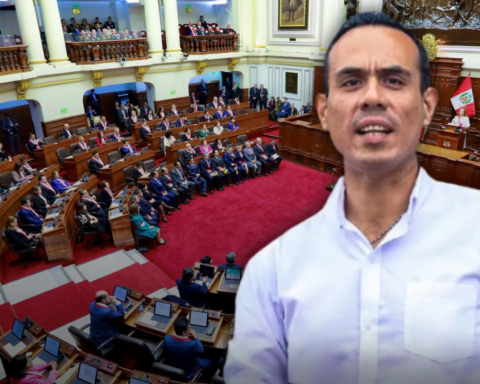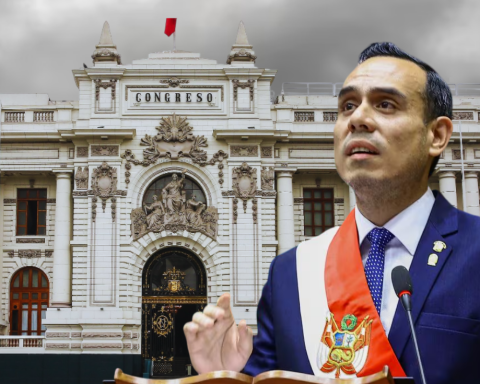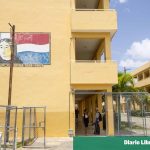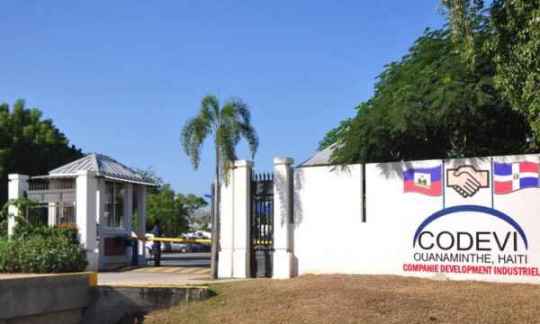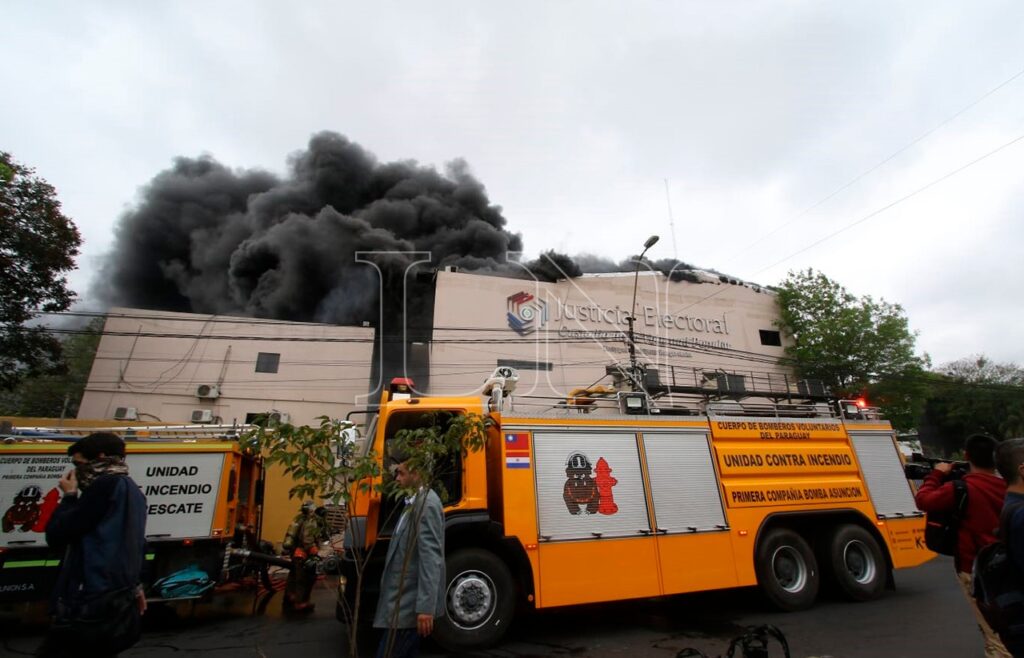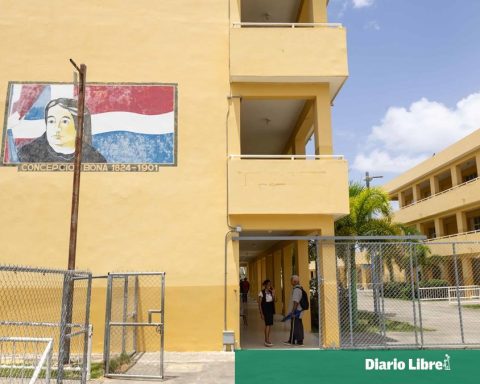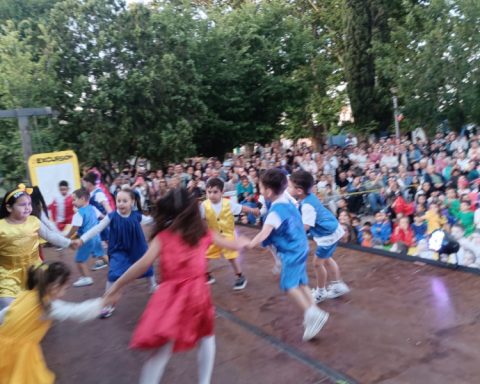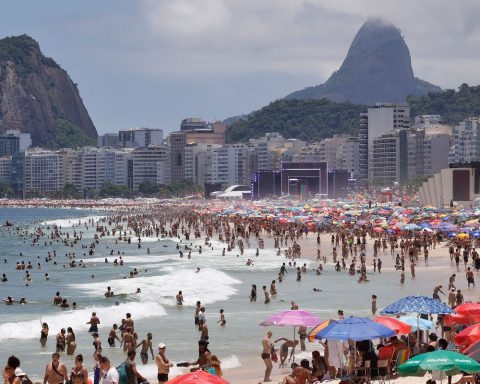In order to guarantee the normal development of the 2022 Regional and Municipal Elections, this week the electoral restrictions come into effect for this Sunday, October 2, in accordance with the Organic Law of Elections. One of these is the prohibition of the dispensing or sale of alcoholic beverages, known as dry law.
Liz Barrera, a specialist from the Directorate of Supervision of the National Elections Jury (JNE), explained what it consists of and what the sanction is for not complying with it:
When does the dry law start?
From 08:00 am on Saturday, October 1, the sale or sale (not consumption) of alcoholic beverages is prohibited. The restriction extends until 08:00 a.m. on Monday, October 3that is, one day after the elections, according to article 351 of the Organic Law of Elections.
In this regard, Barrera specified that the Premises that are exclusively dedicated to the sale of alcoholic beverages must close their doors during the hours of the ban, such as bars and liquor stores. This measure does not reach supermarkets or restaurants, for example, which should only suspend the sale of said product.
What is the fine for the sale of liquor?
The article 390 of the same norm states that “those that operate establishments intended exclusively for the sale of alcoholic beverages”, will be suppressed with:
- Prison sentence not exceeding six months
- Fine of not less than 3,075 soles
- Ancillary penalty of disqualification for the same time as the sentence, which may consist of disabling the convicted person to exercise the function or work that he/she exercised.
“The fine is 3,075 soles and those who impose it are the local governments, which are in charge of making this charge effective”, specified the JNE spokesperson.
The National Elections Jury also recalled other electoral prohibitions such as the dissemination of political propaganda, the publication of polls, and meetings near polling places:
RECOMMENDED VIDEO
:quality(75)/cdn.jwplayer.com/v2/media/bJMyF1n3/poster.jpg)
